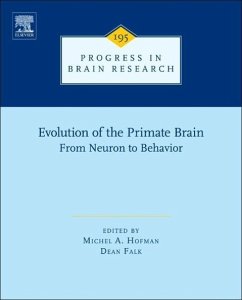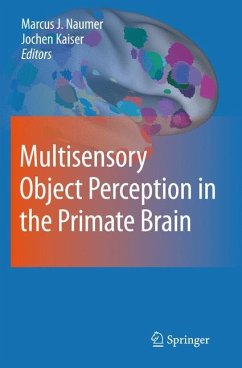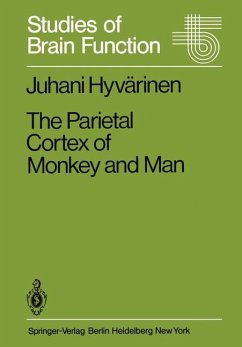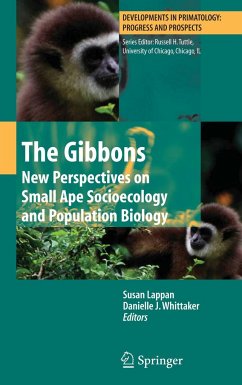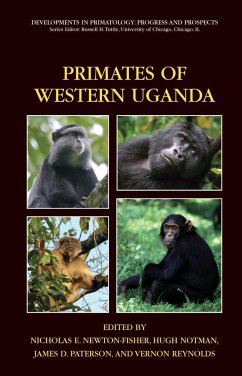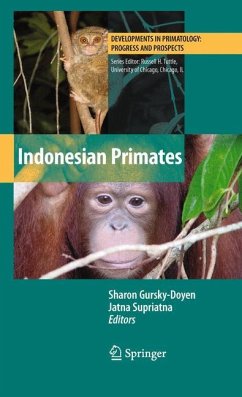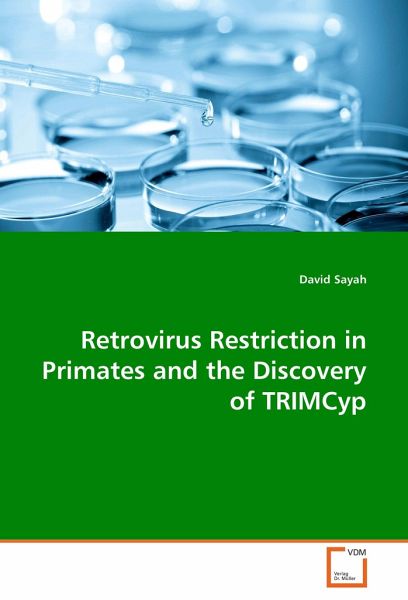
Retrovirus Restriction in Primates and the Discovery of TRIMCyp
Versandkostenfrei!
Versandfertig in 6-10 Tagen
39,99 €
inkl. MwSt.

PAYBACK Punkte
20 °P sammeln!
Cells derived from numerous primate species are known to resist HIV-1 infection, a finding that had limited the development of non-human primate models of AIDS. In recent years, several studies suggested that many primate-derived cell lines possess dominant factors that block infection by various retroviruses. In the work described here, one of these factors was identified as a protein named TRIM-Cyp. In addition to its potent ability to interfere with HIV infection, TRIM-Cyp also represents an important mechanism in the formation of new genes - it is a hybrid between two unrelated genes, crea...
Cells derived from numerous primate species are known to resist HIV-1 infection, a finding that had limited the development of non-human primate models of AIDS. In recent years, several studies suggested that many primate-derived cell lines possess dominant factors that block infection by various retroviruses. In the work described here, one of these factors was identified as a protein named TRIM-Cyp. In addition to its potent ability to interfere with HIV infection, TRIM-Cyp also represents an important mechanism in the formation of new genes - it is a hybrid between two unrelated genes, created by the activity of a retrotransposon. TRIM-Cyp, and other TRIM5 proteins in various primates, are important determinants of retrovirus tropism, and reveal a great deal about the evolutionary arms race between retroviruses and their hosts.



